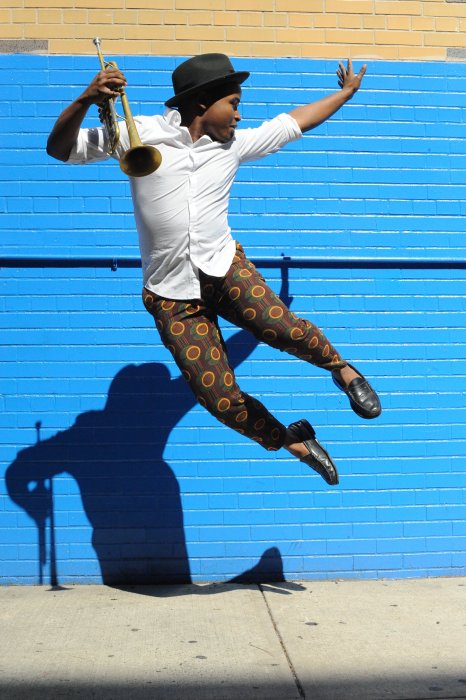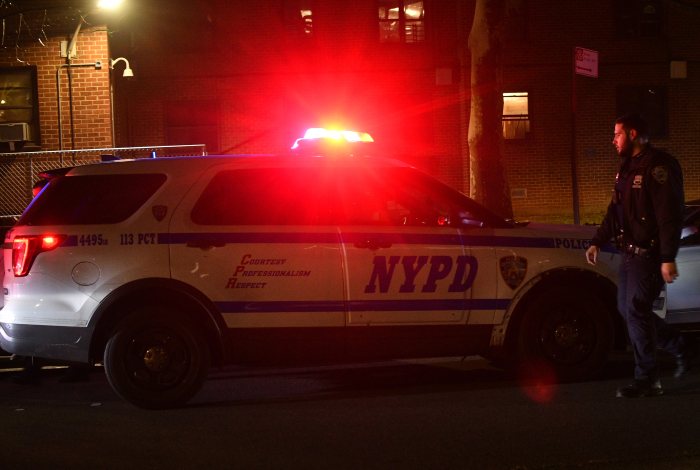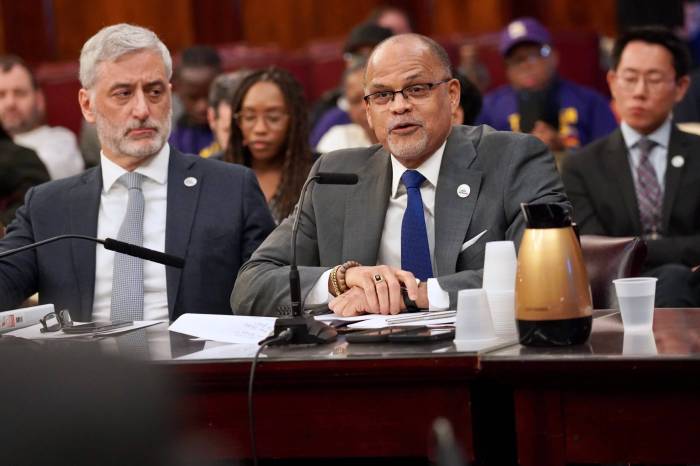By Kathianne Boniello
Gratt, 77, a Brooklyn native who moved to Bay Terrace more than 40 years ago with his wife Irma, said he had nearly forgotten about his wartime honors in the 53 years since the end of the war.
“I didn't even know I was supposed to get so many,” he said in an interview last week. “It brought back a lot of memories.”
The medals arrived unannounced and without fanfare through the mail near the end of November, Gratt said, nine months after the Army Air Corps veteran decided to contact the government about them in March.
Flipping through a worn wartime log that he kept secretly during more than a year he spent as a German prisoner of war, Gratt said the six medals represented an experience he would never forget.
“It will always be in my life,” Gratt said of his military experience.
The honors included a POW medal, a Good Conduct Medal, a WWII Victory medal, an Honorable Service Lapel Button, an Air Medal and the European African Middle Eastern Campaign Medal. others.
Gratt enlisted in 1943 just after graduating from high school, and eventually became a staff sergeant in the Army Air Corps and flying missions in Africa and Italy in a B-17 aircraft he christened “Patches.” He served in the 99th Bomb Group of the Army Air Corps.
“When you flew 23 missions, you were supposed to get a rest, but before you go, you're on standby,” he said. “A guy got sick and I was a replacement.
“I was flying out of Italy when I was shot down,” Gratt said of his 24th mission in February 1944. “When you're shot down, there is no time to think. We bailed – I was captured right away.”
For the next 1 1/2 years Gratt was held in a German war camp in northern Poland, biding his time and filling a secret journal with notes, cartoons and records of his experience.
Life in the war camp was restrictive but generally calm, said Gratt, who used months-old German newspapers to keep up with news of the war. Surrounded by guards, barbed wire, watch dogs and towers, Gratt said his imprisonment was never in doubt.
At one point during the Russian counterattacks in the mid-1940s, Gratt said, he and other war prisoners were forced to march 2,000 miles in the dead of winter to escape the coming onslaught.
“[General] Patton released us” from the war camp, Gratt said. “I came back to the U.S. and took two months off.”
In 1948 Gratt met his future wife Irma on a train in Brooklyn, and a year later the pair married. They raised their two daughters in Bay Terrace back when Irma Gratt recalled the area was dominated by peaceful woods instead of cars and shoppers.
Now an employee at Flushing High School, where he runs the copying machines, Gratt said a number of history teachers have asked him to bring his medals around the school to teach students about World War II.
Irma Gratt urged her husband to talk to students about a war few young people today know much about.
“They do not have any idea of what happened,” she said. “It can happen again.”






























